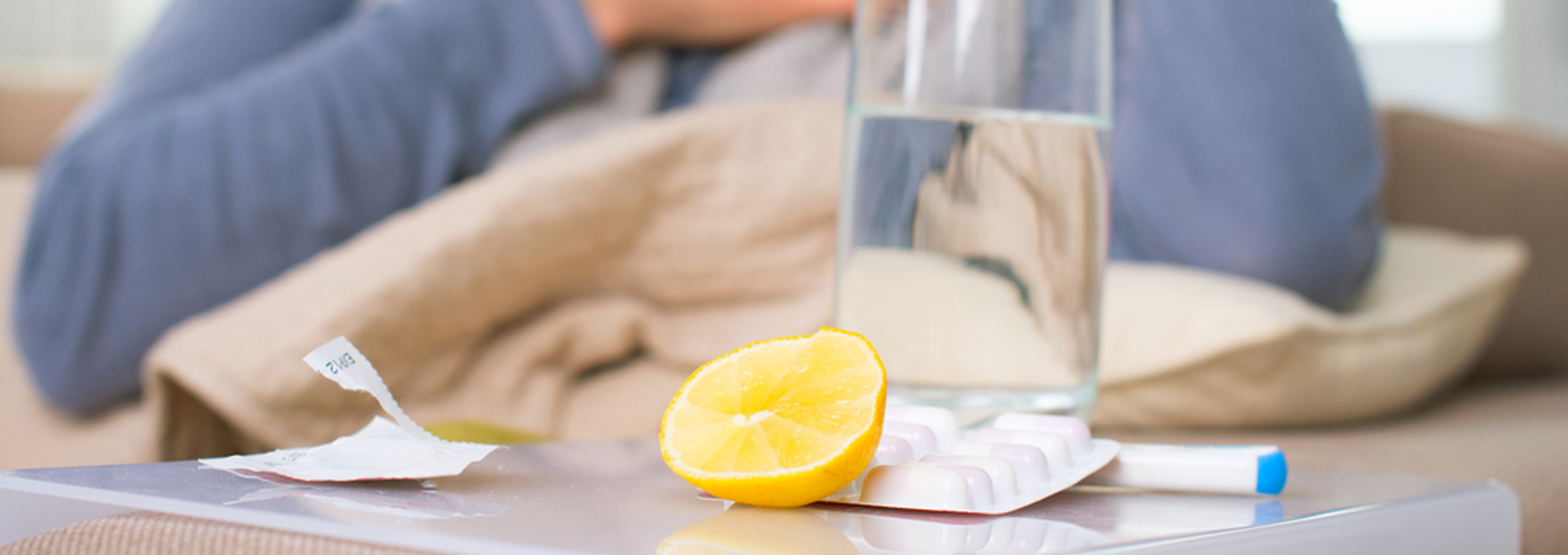
How to assess your symptoms of COVID-19
02/04/2020
Many of you will be experiencing symptoms that are suggestive of COVID-19. It’s very common for people to feel anxious if they do start to experience symptoms that could be linked to COVID-19.
If this is the case, try not to panic. Whilst there is a lot of coronavirus in the community, your symptoms may be due to another cause. We are at the tail end of the cold and flu season. Just to add to the mix, hayfever season is well underway. Also, thankfully, most people who have COVID-19 do not require hospital admission.
Most importantly, if you do have any symptoms that could be coronavirus, follow the Government’s advice and self-isolate at home for 7 days. Household contacts should also self-isolate at home for a minimum of 14 days and if they develop symptoms for 7 days after they have developed symptoms.
After exposure to SARS CoV-2, the virus that causes COVID-19, it typically takes around 4 days to develop symptoms. However, it can take up to 2 weeks to develop symptoms.
It can be very helpful to take an inventory of your symptoms. Assessing your symptoms and feeling confident in monitoring them regularly is helpful in alleviating anxiety.
The most common symptoms of COVID-19 include:
Cough
Fever
Fatigue
Other common symptoms our patients are reporting:
Headache
Nausea
Loss of taste, smell and appetite
Muscle aches and pains
Chest discomfort
Less frequent symptoms our patients are reporting:
Diarrhoea
Runny nose
Sore throat
Sneezing
Eye irritation
Most people have mild symptoms. Quite a few people are having a more severe and prolonged illness but not requiring hospital admission. Make sure you keep an eye out for more serious illness:
Difficulty in breathing or shortness of breath
Severe chest or upper abdominal pain or heaviness.
Severe dizziness or fainting
Drowsiness
Passing less than 50% of your usual amount
Cough or fever returning having gone away
Not managing to drink much fluid
Children have mercifully been relatively spared by COVID-19 aside from a few isolated tragic cases. It’s really important to consult your doctor if your child is unwell as it may be something other than COVID-19. Children should have a face to face assessment immediately if they have any of the following:
Dusky blue lips
Rapid breathing
Sucking in the skin between or below the ribs with each breath
Any non-blanching rash
Drowsiness at unexpected times or not being alert
Not managing to drink or not passing urine for the previous 8 hours or not crying tears
Fever over 40℃
Any fever under 12 weeks of age
Fever over 39℃ between 3 and 6 months
Fever for over 5 days
Managing the symptoms
The single most important thing you can do if you have the symptoms of COVID-19 is to stop the spread. The best way to do this is by self-isolating at home. If you need any help with having things delivered if you are self-isolating please get in touch with us.
There is a suggestion that taking ibuprofen and other similar medications may increase the level of the ACE2 receptor. Scientists think that this may increase the risk of having more severe COVID-19. Hence, ibuprofen and other non-steroidal anti-inflammatories should be avoided. Paracetamol will be helpful in staying comfortable if you have a fever or body aches. Drink to maintain hydration but guzzling lots of water will not help. Do get plenty of rest. There will be plenty of time left in the lockdown once you feel better to do all the productive things that people are allegedly doing on Instagram.
Don’t forget, if you are worried about your symptoms then do call us, or your usual GP, or 111 and if very ill call 999.